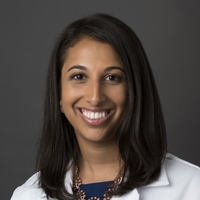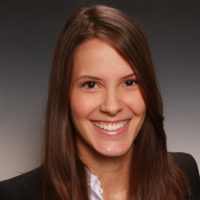Refocusing CA-1 Bootcamp Towards Resident Education and Wellness in the Time of COVID-19
 Monica Bhutiani MD
|
| Brian Gelfand MD |
 Meredith Kingeter MD
|
The transition from intern year to clinical anesthesiology represents an exciting but challenging time. Historically, our program utilized June of PGY1 year to prepare interns to work in the operating room. During this month, a hands-on and didactic educational format facilitated residents’ progression from paired oversight to semi-solo to eventually solo status by July 1st of CA-1 year.
Responding to local and national concerns of resident burnout, especially during the current pandemic, we restructured the program with emphasis on wellness and burnout prevention, while still ensuring intraoperative competence based upon established metrics. We incorporated strategies including paired intraoperative mentorship with predictable and assured OR relief, evening online lectures in interactive PBLD format, and resilience workshops.
During this transition period both intraoperative as well as social and emotional supports are imperative to decrease burnout and bolster mental wellbeing. Traditionally, interclass friendship and camaraderie vital for the forthcoming clinical years stems organically from frequent social interactions both within and outside the hospital. However, due to infectious concerns, many of those opportunities are not possible this year. With some creativity, we supplemented their curricula with online weekly social hours to facilitate debriefing, decompression, and growth as a class as well as a structured 1:1 peer mentorship program that paired rising CA-1 residents with senior mentors to provide psychosocial support, encourage self-reflection, and bolster professional connectedness.
decrease burnout and bolster mental wellbeing. Traditionally, interclass friendship and camaraderie vital for the forthcoming clinical years stems organically from frequent social interactions both within and outside the hospital. However, due to infectious concerns, many of those opportunities are not possible this year. With some creativity, we supplemented their curricula with online weekly social hours to facilitate debriefing, decompression, and growth as a class as well as a structured 1:1 peer mentorship program that paired rising CA-1 residents with senior mentors to provide psychosocial support, encourage self-reflection, and bolster professional connectedness.
Overall, these changes were implemented for the well-being of our residents, especially in the current climate shaped by COVID-19. Although the impetus for these changes was the pandemic, we believe resident wellness represents a needed priority even in times of normalcy, and we will continue to build upon these changes towards a programmatic paradigm shift of greater resident support and wellbeing.


